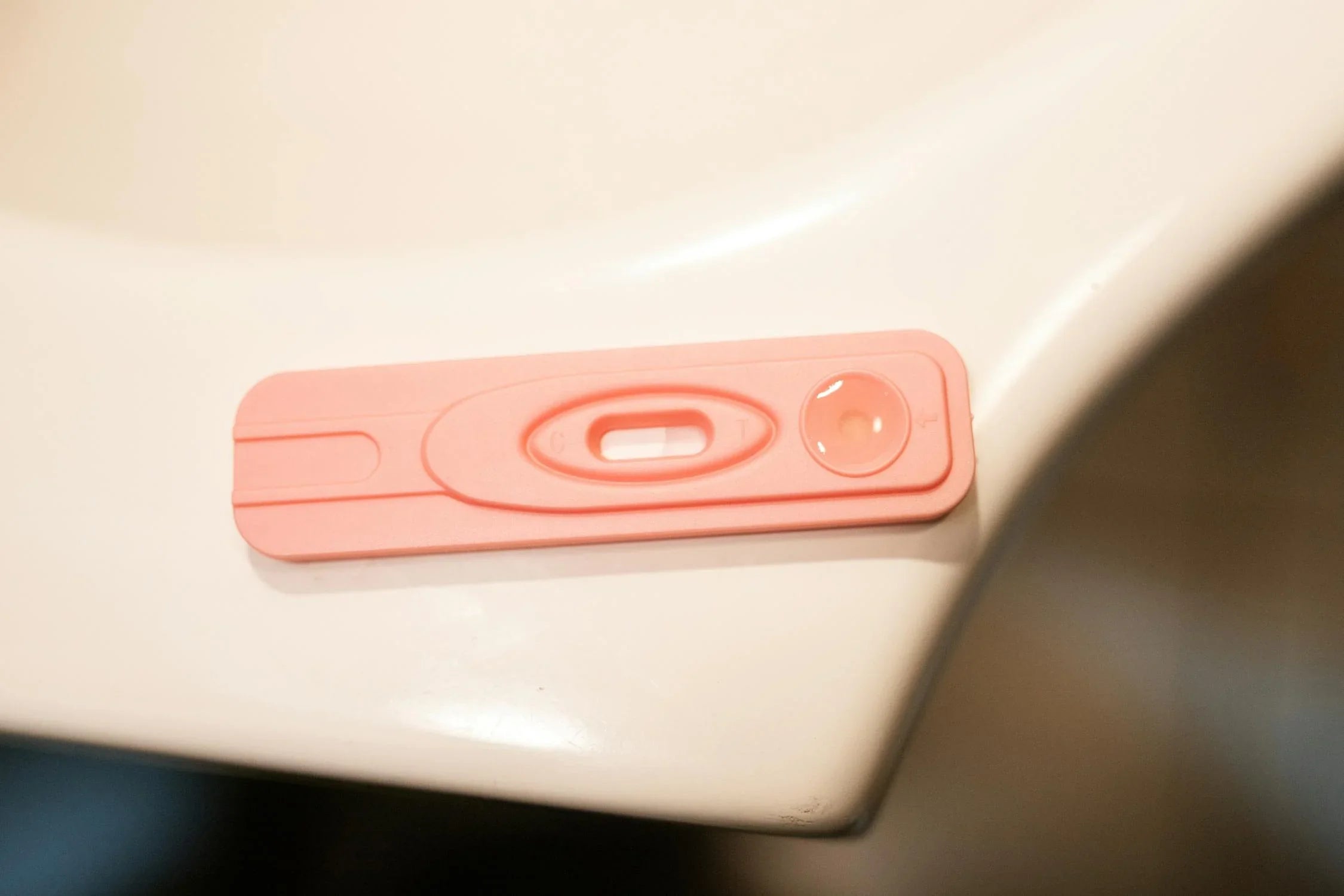Accueil
Pregnancy, Breastfeeding, and Pumping: The Ultimate Guide for Moms
Didn't Get a Positive Pregnancy Test Until 2 Weeks Late: What You Need to Know

Didn't Get a Positive Pregnancy Test Until 2 Weeks Late: What You Need to Know
For many women, the journey to motherhood begins with a simple pregnancy test. But what happens when the test doesn’t show a positive result until two weeks after your missed period? This scenario can be both confusing and concerning. Understanding why this happens can help ease your mind and guide your next steps.
How Pregnancy Tests Work
Pregnancy tests detect the presence of human chorionic gonadotropin (hCG), a hormone produced by the placenta after implantation. Most home pregnancy tests are designed to detect hCG levels in urine, typically around the time of a missed period. However, the sensitivity of these tests can vary, and hCG levels can differ from woman to woman.
Why Didn’t I Get a Positive Test Until 2 Weeks Late?
There are several reasons why you might not get a positive pregnancy test until two weeks after your missed period. One common reason is late ovulation. If you ovulated later than usual in your cycle, implantation might have occurred later, delaying the rise in hCG levels. This means that your body might not have produced enough hCG to be detected by a test until two weeks after your expected period.
Another factor could be the sensitivity of the test. Some tests are more sensitive and can detect lower levels of hCG, while others require higher concentrations. If you used a less sensitive test initially, it might not have detected the hCG until your levels were higher.
Additionally, the timing of the test can play a role. Testing too early in the day or not using the first morning urine, which is more concentrated, can affect the results. Drinking a lot of fluids before testing can dilute your urine, making it harder to detect hCG.
When to Seek Medical Advice
If you didn’t get a positive pregnancy test until two weeks late, it’s important to consult with a healthcare provider. They can perform a blood test, which is more sensitive and can detect lower levels of hCG. A blood test can confirm pregnancy and help determine how far along you are.
Your healthcare provider can also rule out other potential issues, such as an ectopic pregnancy or a miscarriage. An ectopic pregnancy occurs when the fertilized egg implants outside the uterus, usually in a fallopian tube. This condition can be life-threatening and requires immediate medical attention. A miscarriage, on the other hand, can cause a delay in hCG levels, leading to a late positive test.
What to Do Next
If you’ve confirmed your pregnancy, the next step is to schedule an appointment with your healthcare provider. They can guide you through the early stages of pregnancy, provide prenatal care, and answer any questions you may have.
It’s also important to start taking prenatal vitamins, which contain essential nutrients like folic acid that support fetal development. Maintaining a healthy lifestyle, including a balanced diet and regular exercise, is crucial for both you and your baby.
Finally, consider joining a support group or online community for expectant mothers. Sharing your experiences and concerns with others who are going through the same journey can be incredibly comforting and informative.
Discovering you’re pregnant can be an emotional rollercoaster, especially if you didn’t get a positive test until two weeks late. Understanding the reasons behind this delay can help you navigate this exciting yet uncertain time with confidence. Always remember to seek medical advice if you have any concerns, and take care of yourself as you embark on this incredible journey to motherhood.
Partager

